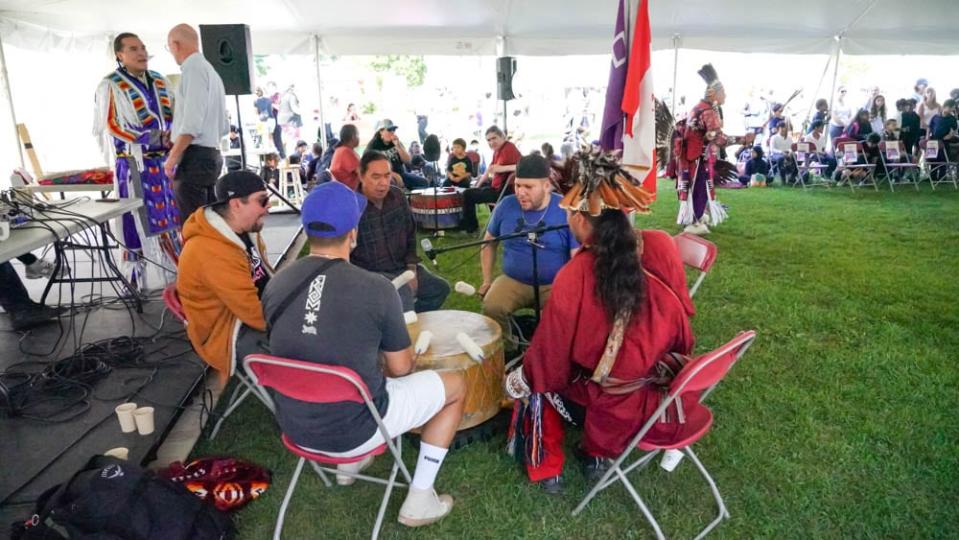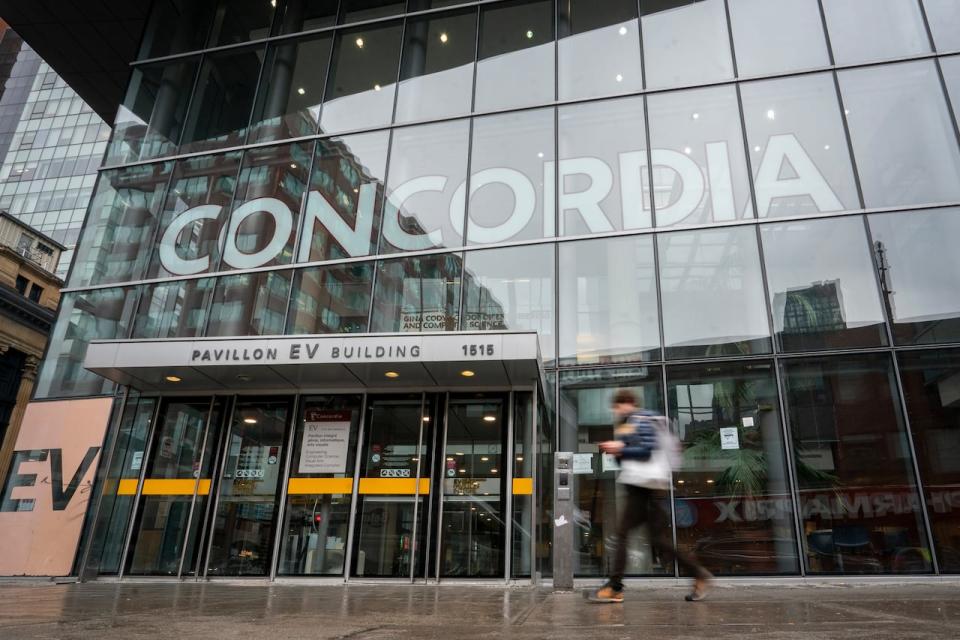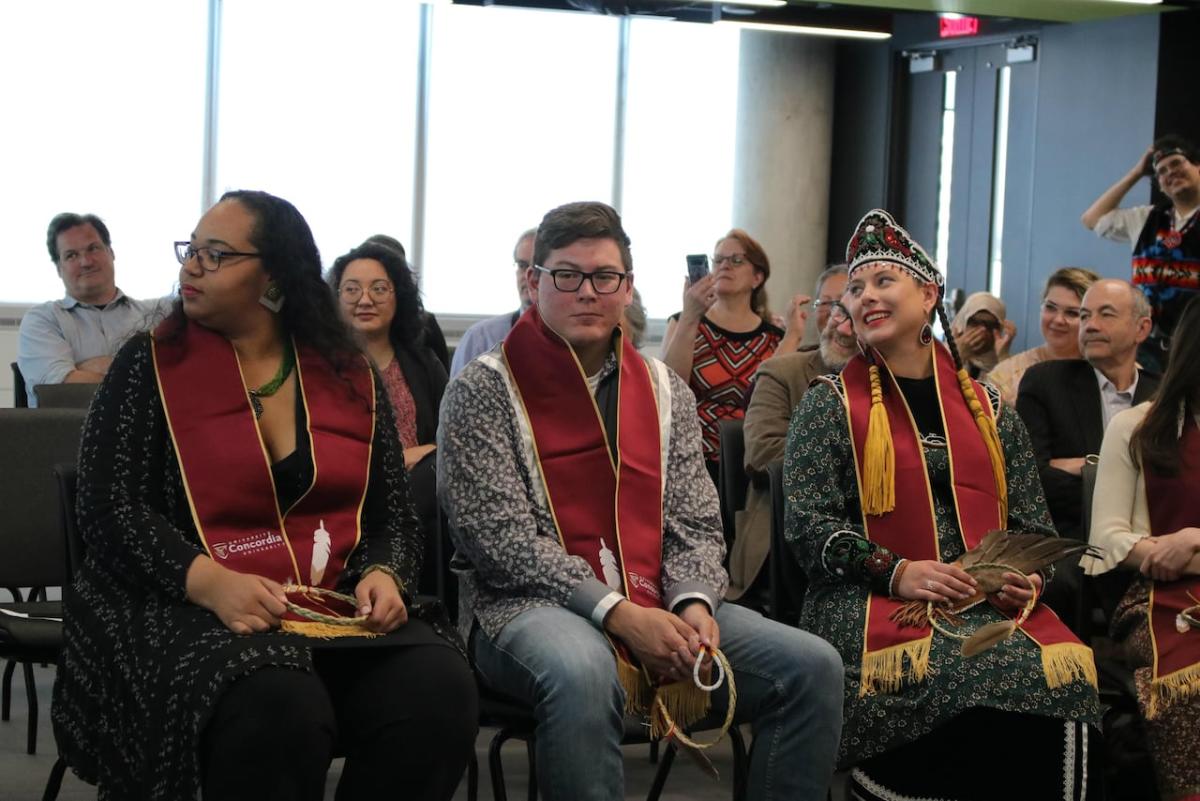Concordia University is waiving tuition costs for Indigenous students across Quebec.
The move is a “game changer” according to Manon Tremblay and Allan Vicaire, some of the leaders of the initiative.
“Concordia follows in the footsteps of many other Canadian universities. The difference with us is that we’ve extended this initiative to the entire province,” Tremblay said.
Tremblay is the director for Indigenous Directions, a hub for Indigenous resources at Concordia University.
Under this change, Indigenous students can now have tuition costs waived from most certificates, part-time studies, undergraduate, and graduate degree programs offered by the university.
The initiative is part of the university’s response to the Calls to Action of the Truth and Reconciliation Commission. All students who identify their Indigeneity qualify for the waive, whether they are sponsored or not.
Allan Vicaire said that this opportunity not only benefits students, but also their home communities.
“It’s building relationships between Concordia and communities. And for me, that’s the spirit of reconciliation,” said Vicaire, who is the senior advisor of Indigenous Directions.

A group of Indigenous men sing around a traditional drum during the Otsenhákta Student Centre Pow Wow on Sept 13, at Loyola Campus Quad Space. (Cory Bilyea)
The university’s goal is to support Indigenous students by removing financial barriers to increase recruitment, retention and graduations of First Nations and Inuit students.
Many universities across Canada offer some form of funding or tuition waivers to Indigenous students, but limit access to communities living nearby, according to Tremblay.
“The vast majority of our Indigenous communities, whether in Quebec or in the rest of Canada are nowhere near a university,” said Tremblay.
Tremblay believes that opening up the waiver to all Indigenous communities is about accessibility and equal opportunity.
“We believe that those that stand to benefit the most are the communities that are more isolated and further away,” said Tremblay.
Tremblay also said that many communities have very limited funds and may not always be able to send their students to post-secondary schools.
“For those students that don’t get those kinds of incentives to go to school, then we can catch them in this manner so that it’s no longer ‘I can’t go because I just can’t afford it,'” said Tremblay.
The few programs the waive does not apply to are the executive masters of business administration, and continuing education programs.
While language laws in Quebec still pose a barrier for some students, Concordia has been offering bridging programs that may help bypass some university requirements.


The downtown campus of Concordia University in Montreal. (Ivanoh Demers/Radio-Canada)
“One of the issues we face in Indigenous education is that most of our students don’t go through CEGEP,” said Tremblay, referring to public sector colleges in Quebec.
The Kaié:ri Nikawerà:ke Indigenous bridging program offers courses needed to prepare for bachelor of engineering, commerce, arts or psychology programs.
“It serves the interests of potential students who want to get into STEM programs, but don’t necessarily have the prerequisites to do so,” said Tremblay.
Concordia also has plans to revamp their Otsenhákta student centre. They are renovating their outdoor space, adding Indigenous artwork and a mural wall with the word “hello” in Indigenous languages.
The student centre serves as a place for Indigenous students to access academic support and social communication.
“It can be daunting for those students who come from up North and they want to feel connected to their community,” said Tremblay.
“Part of that equation is making sure that our campus actually is a place where our students have a sense of belonging and see themselves reflected in the campus.”

